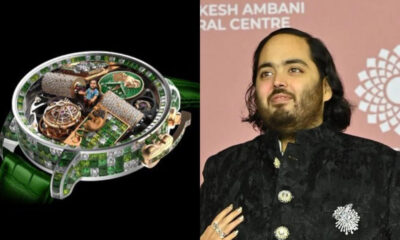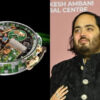Gandhi Family Ends Feud, Ushers in a Professional Era for Vadilal
In a landmark move set to reshape one of India’s oldest and most iconic consumer brands, the Gandhi family—the promoters behind Vadilal—has ended years of internal discord and taken a decisive step toward professionalizing the management of Vadilal Industries Ltd.
After decades of operating through multiple family-owned entities and navigating overlapping interests, the family signed a Memorandum of Family Arrangement in March 2025, effectively resolving longstanding disputes. As part of the agreement, Vadilal International, Vadilal Chemical Products, and Vadilal Financial Consultants will merge into Vadilal Industries Ltd, the listed flagship company. This consolidation brings all brand assets and intellectual property directly under the public company’s control, ending the complex web of royalty payments and licensing arrangements that had dogged the group for years.
“This isn’t just a restructuring on paper,” said Kalpit Gandhi, underscoring the depth of the change. “We are separating ownership from management.”
To signal that shift clearly, the newly restructured seven-member board will consist of three Gandhi family members—Janmejay, Devanshu, and Rajesh—alongside four seasoned independent directors. These include Shalini Raghavan, former Group CMO of Nykaa; Shivakumar Dega, veteran executive with leadership stints at PepsiCo, Nokia, and Philips; Nagarajan Sivaramakrishnan, former CEO of Mother Dairy; and Gaurav Marathe, a well-regarded financial strategist.
The restructuring marks a rare moment in Indian family business history, where promoter families voluntarily relinquish day-to-day control in favor of professional governance. It reflects a growing recognition among legacy business groups that sustainable growth requires a shift from personality-driven management to institution-led decision-making.
Vadilal, best known for its beloved range of ice creams and a legacy that spans more than 100 years, has long been held up as a case study in both the promise and pitfalls of family-run enterprises. While its brand equity remains strong, internal disagreements and fragmented ownership had slowed its ability to adapt and expand in a highly competitive market.
With this restructuring, Vadilal is poised to turn a new page.
“We want Vadilal to outgrow us,” said Aakanksha Gandhi, signaling a generational change in mindset. “For it to last another hundred years, it has to be more than a family-run business.”
Echoing that sentiment, Janmejay Gandhi added: “We’ll remain as custodians, but the day-to-day will now be in the hands of professionals. Our goal is to make Vadilal a globally respected food company, not just a family legacy.”
Analysts say the move could significantly improve the company’s appeal to institutional investors, who often shy away from family-run companies with complex governance structures. The end of royalty payments also clears the path for improved profitability and operational focus.
With professional management, a streamlined corporate structure, and unified brand ownership, Vadilal Industries is aiming to position itself as a modern, transparent, and scalable consumer brand.
The Gandhi family’s decision may well set a precedent for other Indian business families grappling with similar succession and governance challenges.
AM.




























